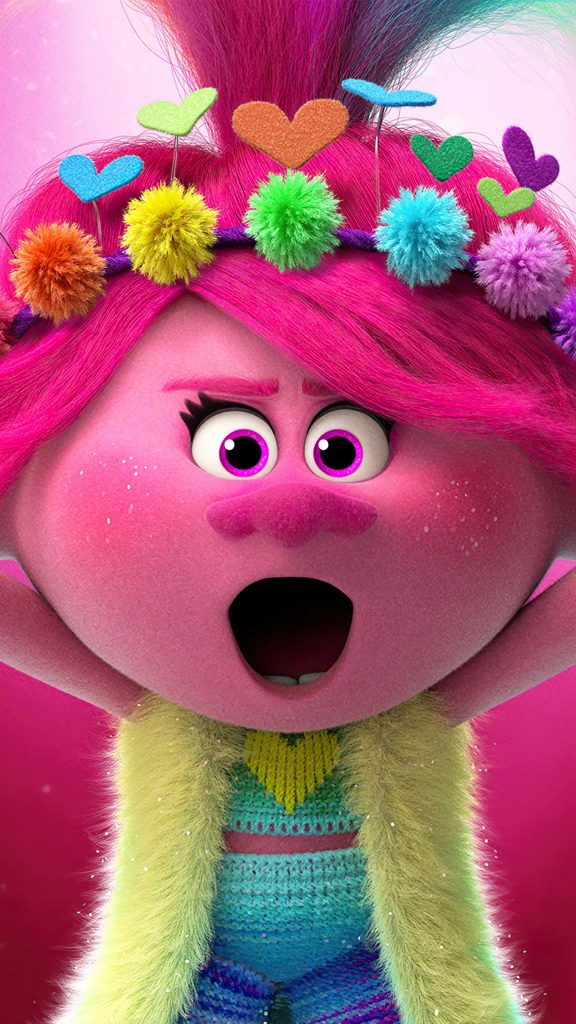

Due to that, the whole thing is shutting down, despite having been announced and worked on beginning years ago. Of the two C&D notices sent to Croft, he reports that one of them carried a curious tone, but the other was quite hostile. This is purely a labor of love, in other words, rather than some attempt to make a bunch of money off the work of others. Meanwhile, the release of these games was going to be free. The company, which would own the copyright on those assets, could have worked something out with these fans. But, as I outlined in the opening, it certainly does not have to represent an insurmountable barrier. That’s different than simply remaking a game from scratch, to be sure.

First, yes, it is probably the reuse of Capcom assets in these fan-made games that really put these projects on Capcom’s radar. The fans released an initial Code: Veronica demo back in June 2021, and planned to put out a much more substantial one in the beginning of 2023. In a video announcing the Code: Veronica project’s cancellation, Briins Croft said that 90 percent of the Code: Veronica fan remake used existing assets from Capcom’s recent “Remake” games, such as 3D models, animations, and textures. The developers behind fan remakes of Resident Evil and Resident Evil Code: Veronica have announced that development on both projects has ceased after Capcom allegedly contacted them and asked the developers to cancel the project. Or you can go the Capcom route and simply bully two fan projects into shutting down, even though there are no plans for a competing project. The point is that there are ways to handle this that don’t involve being an IP bully or whipping the corporate attorneys into a frenzy. Even Blizzard got into this act with at least one fan-made game. Sega has likewise been lenient with fan-games, even going so far as to poke fun at its competition for doing otherwise.

Paradox built an affiliate program to allow its fans to create “official” games, such that there would be no threats of litigation for doing so. While there are indeed plenty of stories of that nature, there are also examples of studios and publishers that have figured out a way to embrace their biggest fans. Fortunately, that’s something of a misconception. You might think that perusing Techdirt posts on the topic of fan-made video games using the IP of others would yield you only one kind of story in which threats and lawsuits abound. Wed, Jan 4th 2023 07:42pm - Timothy Geigner


 0 kommentar(er)
0 kommentar(er)
